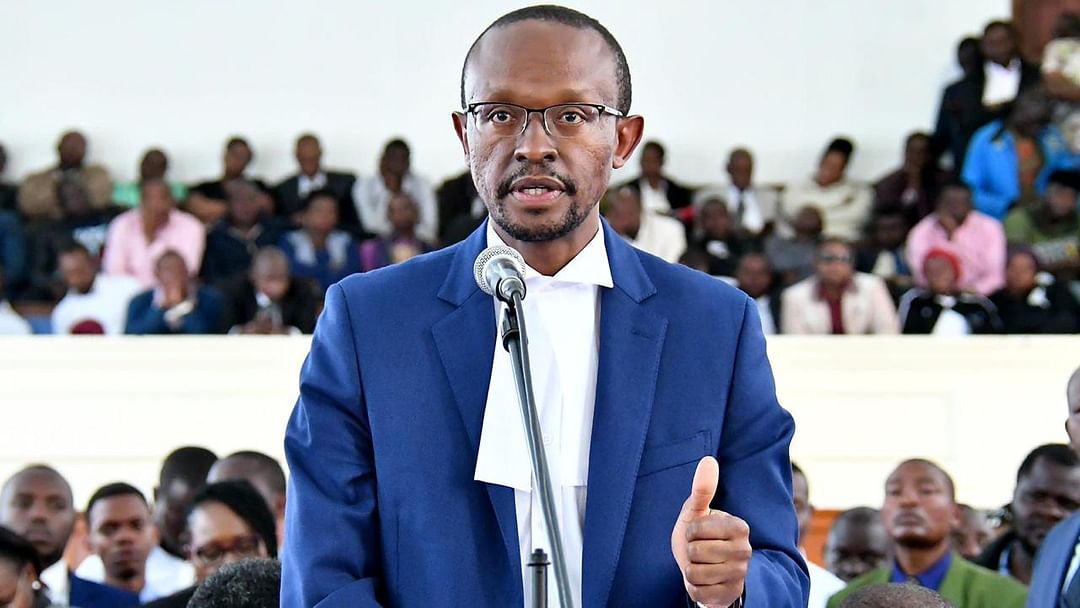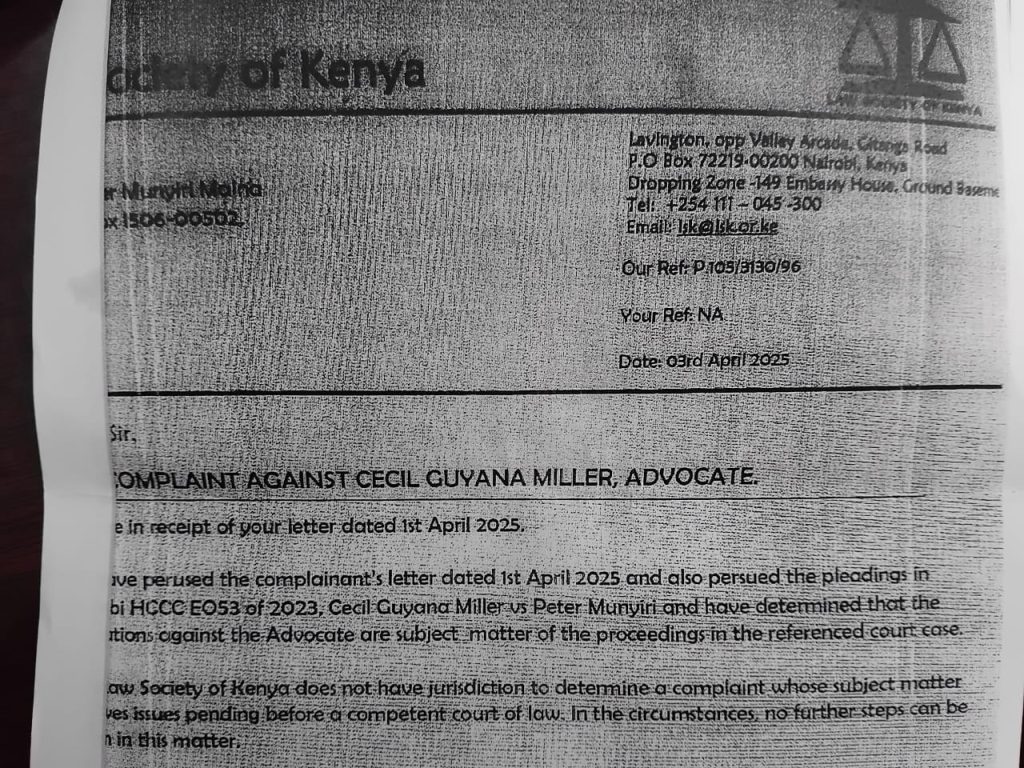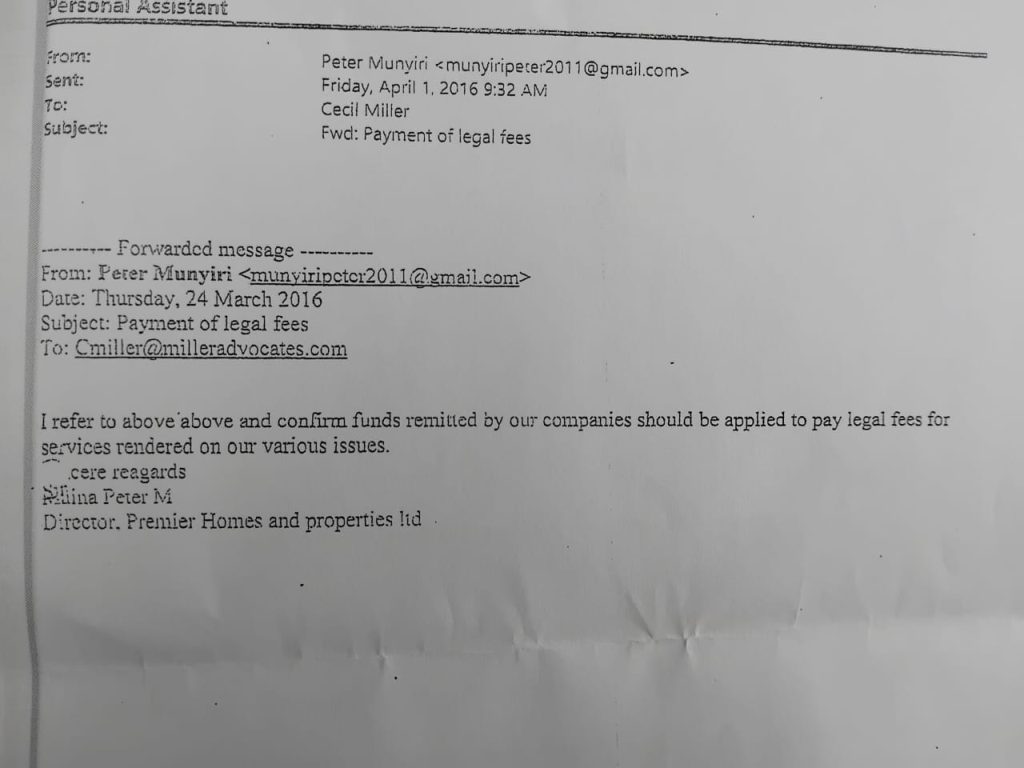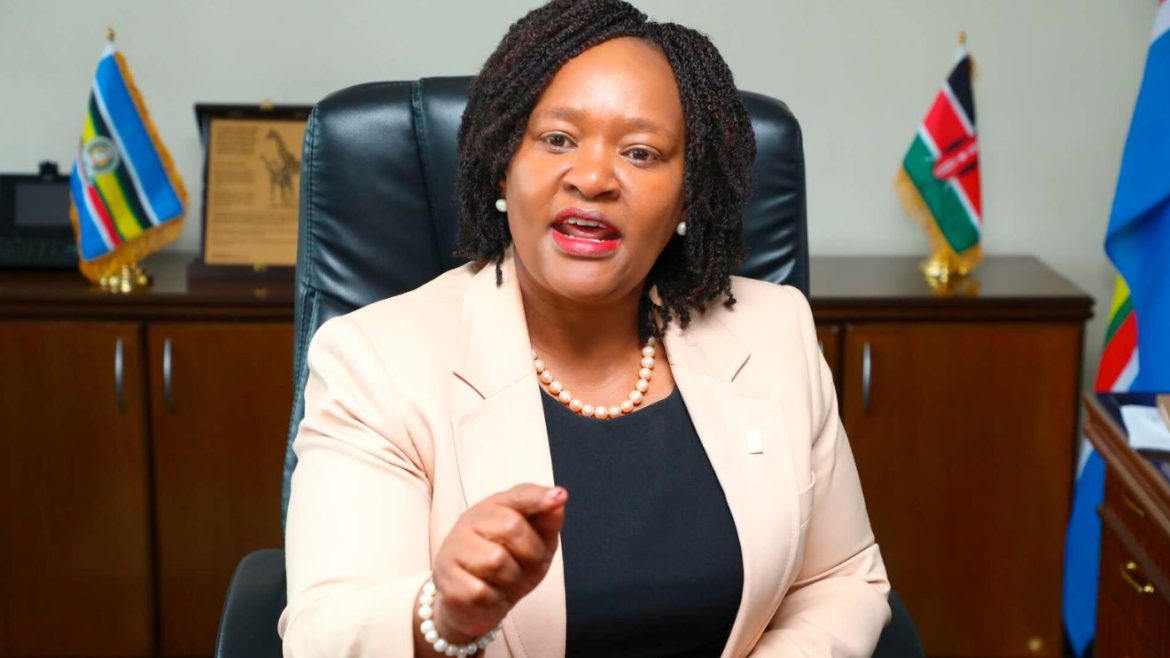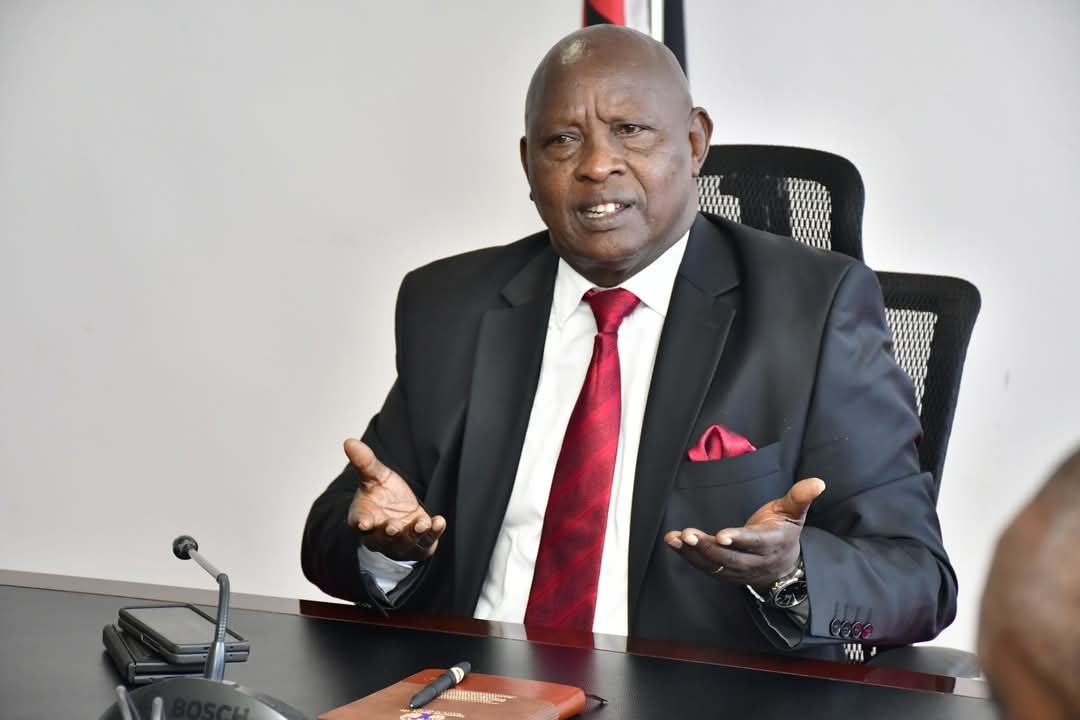If you’ve ever thought of taking a fitness vacation, Dubai might just be calling your name this November. The city is once again transforming itself into one massive outdoor gym for Dubai Fitness Challenge (DFC) 2025, an initiative led by His Highness Sheikh Hamdan bin Mohammed bin Rashid Al Maktoum, the Crown Prince of Dubai.
This year, visitors to Dubai are warmly invited to join the action, making it an unforgettable way to explore the city while staying active. Whether you’re a tourist or a resident, DFC offers a unique opportunity to connect with others, embrace wellness, and experience Dubai’s vibrant energy firsthand.
The idea is simple but powerful: commit to 30 minutes of physical activity every day for 30 days. The result? A city that quite literally moves together — from beach workouts and sunrise yoga to cycling down a car-free Sheikh Zayed Road.
This year’s theme, “Find Your Challenge,” couldn’t be more fitting. Whether you’re a serious athlete, a fitness newbie, or someone just trying to move a little more, there’s something for everyone between 1 and 30 November 2025.
The Fitness Festival You Wish You Had at Home
Picture this: four massive flagship events, three buzzing fitness villages, and more than 25 community hubs scattered across Dubai — all free and open to everyone.
Here are the highlights you can’t miss:
Dubai Ride – 2 November
Thousands of cyclists will take over Sheikh Zayed Road in what’s now one of the city’s most iconic fitness moments. You can go for the 4km fun family ride or the tougher 12km route that loops past landmarks like Burj Khalifa and Museum of the Future. Even better — it’s totally car-free!
Dubai Stand Up Paddle – 8–9 November
This one’s for the water lovers. Head to Hatta Dam for two days of paddleboarding, kayaking, and even sunset yoga sessions surrounded by the stunning Hajar Mountains. If you’ve ever dreamed of a workout that doubles as a weekend escape, this is it.
Dubai Run – 23 November
Imagine running past the Burj Khalifa and through Downtown Dubai with tens of thousands of others. That’s Dubai Run — the world’s largest free community fun run. You can choose between a 5km family route or the more competitive 10km challenge. Last year, over 278,000 people joined in.
Dubai Yoga – 30 November
This is the newest addition to the lineup and it’s as serene as it sounds. To close out the month, thousands will gather at Zabeel Park for a massive sunset yoga session. It’s all about balance, mindfulness, and celebrating the journey of 30 days of movement.
Fitness for Everyone
If you’re not into big crowds, no problem. DFC also sets up three Fitness Villages — at Kite Beach, Zabeel Park, and Al Warqa’a Park — with daily classes, sports courts, obstacle courses, and family-friendly activities.
There’s also a network of 25+ community hubs bringing free workouts to neighbourhoods across the city. Think rooftop yoga, skateboarding, beach boot camps, and kids’ fitness classes — all part of the same challenge.
Sports Tourism at Its Peak
DFC isn’t just about casual workouts — it also attracts world-class sporting events. November’s lineup includes the Dubai Premier Padel P1, Dubai T100 Triathlon, DP World Tour Championship for golf lovers, and the iconic Emirates Dubai 7s, a three-day rugby and music festival that draws fans from around the globe.
Whether you’re watching elite athletes compete or trying out a fun run yourself, there’s no shortage of inspiration.
Why It Matters
Beyond the impressive numbers, the Dubai Fitness Challenge is really about community and lifestyle change. The initiative has helped families get more active together, inspired workplaces to launch wellness programmes, and turned public spaces into thriving hubs of movement.
As H.E. Saeed Hareb, Secretary General of the Dubai Sports Council, puts it:
“We measure success not only by the number of participants, but by the number of lives transformed.”
It’s a reminder that wellness isn’t just about gyms and diets — it’s about creating habits that make you feel good, one small step at a time.
If you’re planning a trip to Dubai this November, you can register for free at www.dubaifitnesschallenge.com. Participation is open to all ages and fitness levels.
So, whether you’re a resident or a visitor, make sure to join in and immerse yourself in the world’s biggest fitness party — it’s an experience you won’t want to miss!








